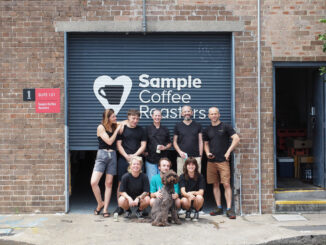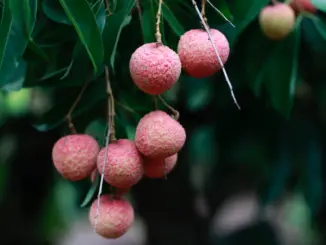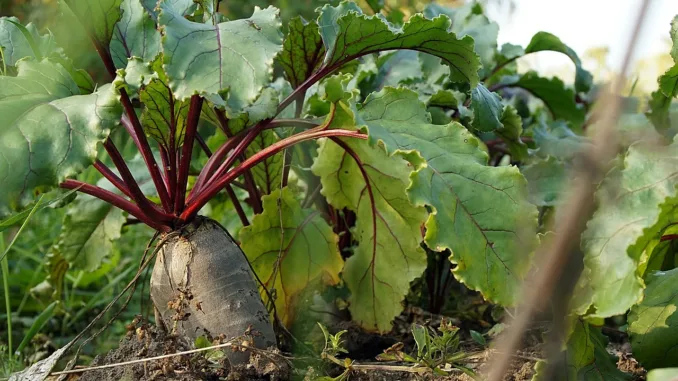
We explore the differences between beet sugar and sugarcane, and take a look at their environmental impact.
BY EMILY JOY MENESES
BARISTA MAGAZINE ONLINE
Featured photo by Ville Mononen
Most of us will add a spoonful of sugar to our coffee without thinking twice about where it came from—but the truth is that there’s so much to know about sugar and so many different types to choose from, each with their own unique characteristics. While most of us associate sugar with sugarcane, beet sugar makes up more than half of sugar production in the United States. In this installment of “Know Your Sweeteners,“ we’ll talk about beet sugar and its origins, and offer up a recipe for you to try.
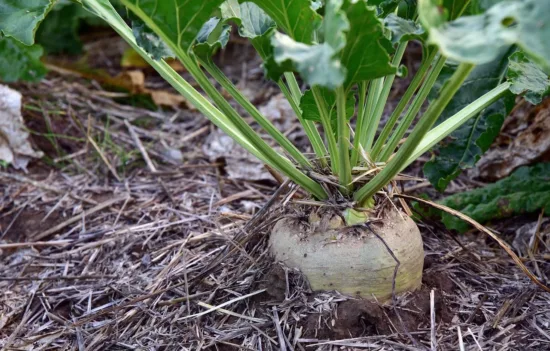
How It’s Made
Beet sugar is derived from sugar beets, a root vegetable closely related to the beetroot. The sugar beet plant contains high levels of sucrose, which is extracted and processed to produce sugar. The process involves washing, slicing, and then extracting the sugar from the beet slices. This sugar is then purified and crystallized to produce the final beet sugar product.
Beet sugar is similar in composition to cane sugar extracted from sugarcane. Both beet sugar and cane sugar are sucrose—however, there can be slight differences in taste and texture between beet sugar and cane sugar. Generally, beet sugar has a slightly more earthy and smoky flavor than cane sugar.
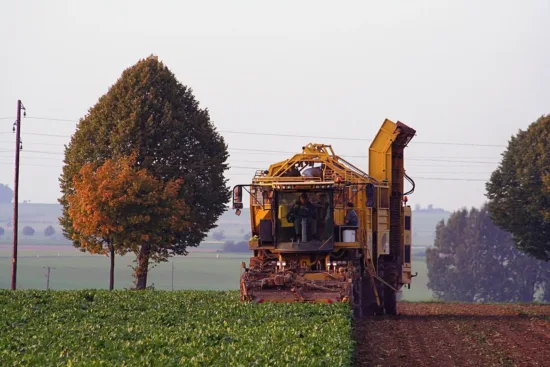
Using Beet Sugar
Beet sugar is commonly found in granulated form for home use. It’s also used in the commercial production of processed foods, baked goods, and confectionery items. It is often used as a substitute for cane sugar in regions where sugar beets are more abundant or more economically viable to cultivate than sugarcane. Some of today’s major beet sugar producers include Russia, France, and Germany.
Environmental Impact
Compared to sugarcane production, sugar beet cultivation has a few advantages when it comes to sustainability. For example, sugar beets generally require less water than sugarcane to cultivate. Sugar beets also typically require less land to grow. They also have a higher yield per acre compared to sugarcane, allowing for more efficient land use. This can be advantageous in regions where land is limited, or in areas where locals wish to conserve natural habitats.
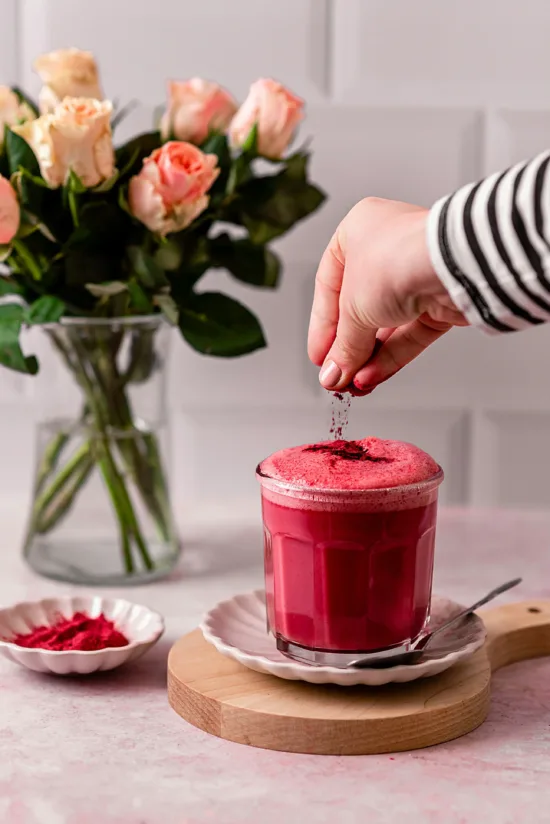
Recipe: Beetroot + Beet Sugar Latte (Pink Latte)
Beetroot lattes have turned up all over, from Kind Sips in Las Vegas to Nomonym Coffee Roastery in Bucharest, Romania.
Try this beetroot latte recipe for yourself (espresso optional). It makes use of both beetroot powder and beet sugar, and is both anti-inflammatory and rich in antioxidants.
Ingredients:
- 1 tbsp beetroot powder
- 1-2 tsp beet sugar
- 1 tsp ground ginger
- 1 dash of cardamom
- 1 dash of cinnamon
- 12 oz milk of choice
Steam or warm your milk, then add the rest of the ingredients and stir. Adjust sweetness to taste, and enjoy.
ABOUT THE AUTHOR
Emily Joy Meneses (she/they) is a writer and musician based in Los Angeles. Her hobbies include foraging, cortados, vintage synths, and connecting with her Filipino roots through music, art, food, and beverage.
Subscribe and More!
Out now: It’s the April + May 2024 issue of Barista Magazine! Read it for free with our digital edition. And for more than three years’ worth of issues, visit our digital edition archives here.
You can order a hard copy of the magazine through our online store here, or start a subscription for one year or two.




